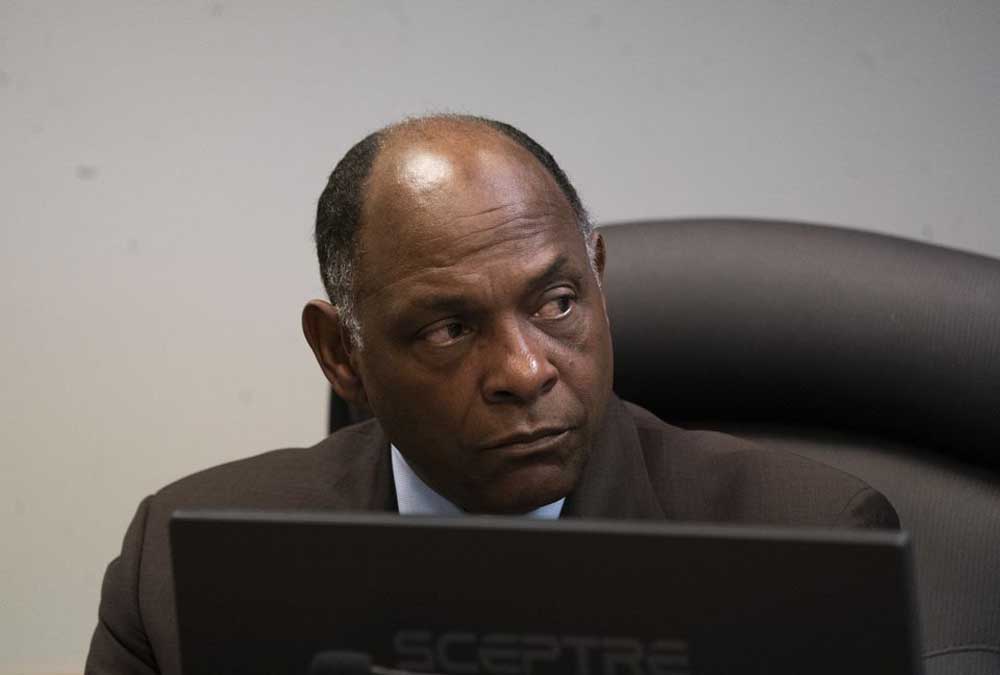Former OLCC board chair lands pot job
Published 1:03 pm Tuesday, January 9, 2024

- Marvin Révoal
The former chair of the governing board overseeing the Oregon Liquor and Cannabis Commission quickly parlayed the gig into a job with the cannabis industry.
Three months after Marvin Révoal resigned, he took a job as director of regulatory and business development with CannXperts in Eugene, the company announced in late December.
The company touted Révoal’s long tenure with the OLCC and his “experience in liquor and cannabis regulatory system growth and development.” CannXperts said it offers consulting advice to cannabis businesses on regulation and compliance.
Révoal stepped down from the seven-member board in September. The board governs the state agency charged with regulating Oregon’s liquor and marijuana industries. Revenue from both represents the third largest source of money for the state general fund and the second largest source for many cities and towns behind property taxes. Board members set policy and hire the commission’s executive director.
It’s unclear whether Révoal’s new job complies with state’s so-called revolving-door ethics rules that prohibit a “person who has been the administrator” of the OLCC from taking a position, becoming an employee or receiving any financial gain from “any private employer engaged in the activity, occupation or industry over which the former public official had authority” for one year from the date that their state position concludes.
Susan Myers, compliance and education coordinator for the Oregon Government Ethics Commission, said the statute does not define “administrator” and that it would be up to the ethics commission board to decide whether the law applies to Révoal.
She said Révoal did not seek guidance from the ethics commission before taking the job.
Asked over the weekend about his new position and whether he sought ethics guidance before taking it, Révoal declined to comment.
Kate Titus, executive director of Common Cause Oregon, a grassroots, nonpartisan organization that works to strengthen and advance democracy, said Révoal’s leap into the industry that he up until recently regulated raises questions.
“Democracies die when we erode ethics norms,” she said. “It’s not just a matter of following the letter of the law. It’s about keeping clear, bright lines between working for the public interest and working for one’s own private interest.”








